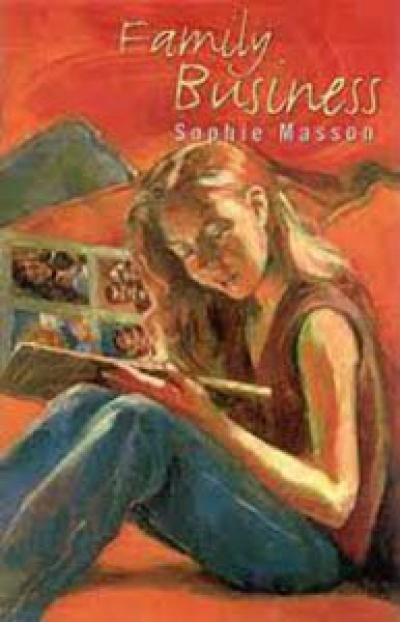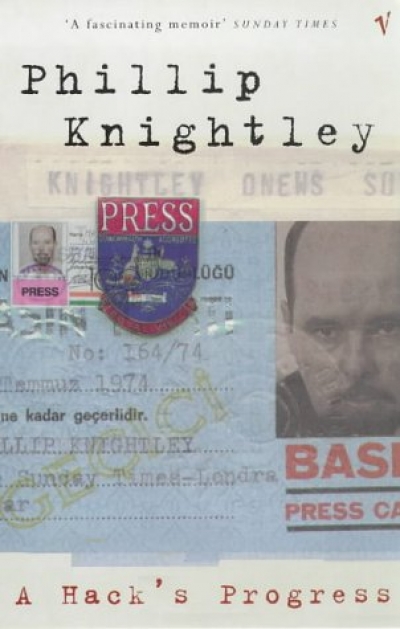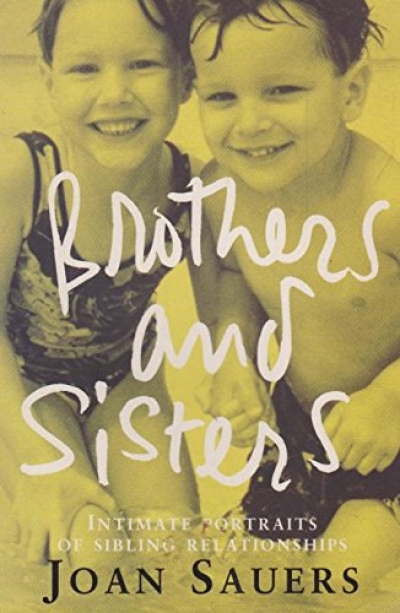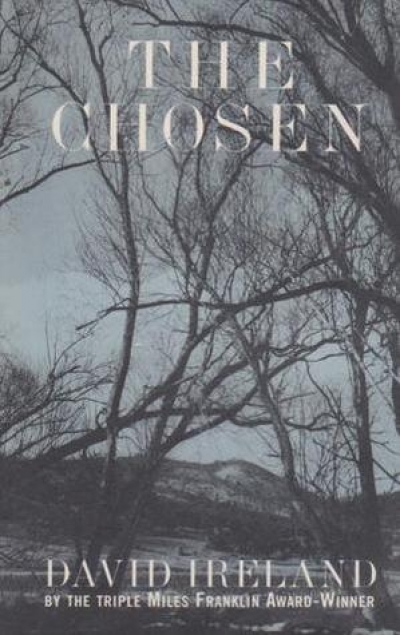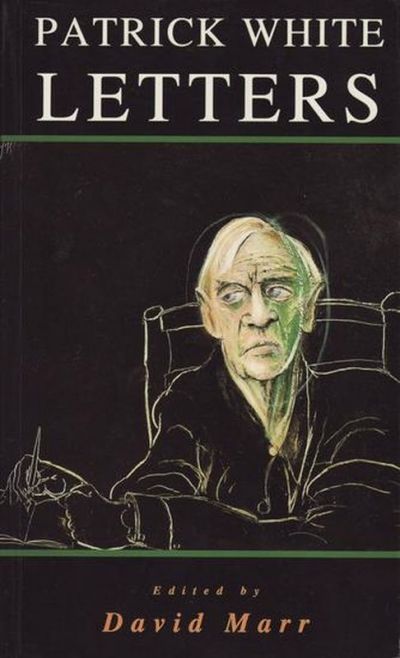Random House Australia
Water Colours by Sarah Walker & Bad Girl by Margaret Clark
by Robyn Sheahan-Bright •
Family Business by Sophie Masson & The Rented House by Phil Cummings
by Ruth Starke •
Brothers and Sisters: Intimate portraits of sibling relationships by Joan Sauers
by Karen Lamb •
Rise & Shine by David Legge & I Know That by Candida Baker, illustrated by Alison Kubbos
by Nicola Robinson •
Like much else about this novel, its title The Chosen is not the relatively straightforward affair it may, at first, appear to be. One assumes for the first hundred pages or so that the ‘chosen’ are those citizens of the small NSW Southern Tablelands town of Lost River who have been chosen by a randomising computer program to have their lives represented in the commemorative tapestry being woven as a civic project along with two other pet Town Council proposals, a new jail and a high-temperature incinerator. It’s a mode that critic Ken Gelder has called ‘dark pastoral’.
... (read more)

